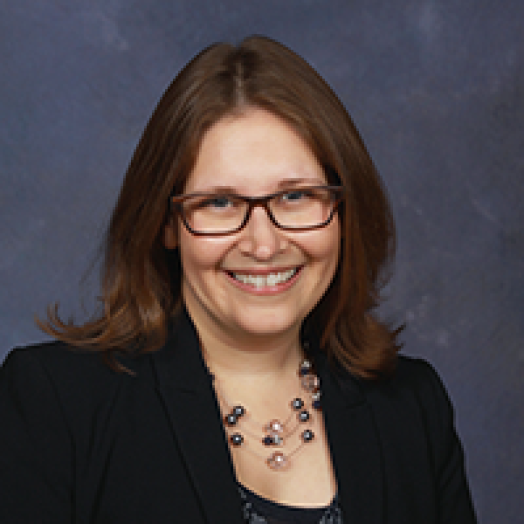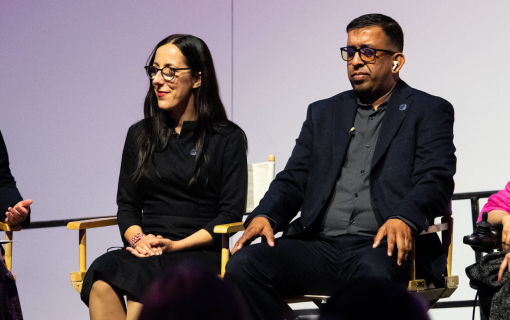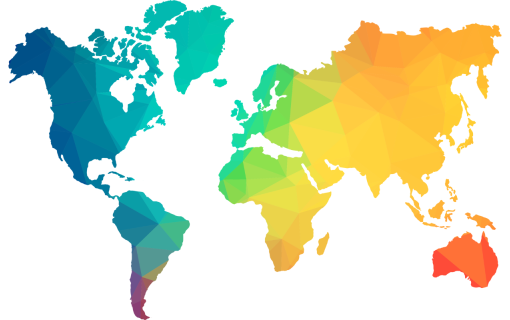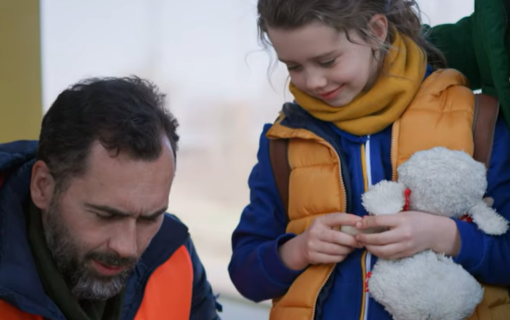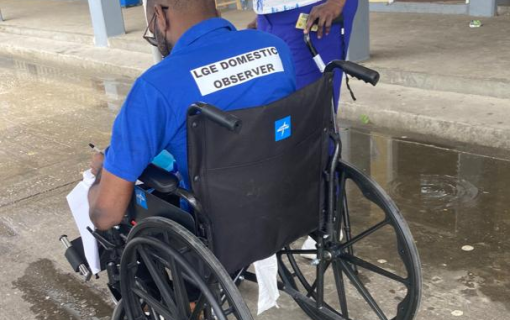Nay Lin Soe and the Rights of Persons with Disabilities in Myanmar
Myanmar’s 2015 election was a historic moment for democracy in the Southeast Asian nation. Ahead of the elections, Nay Lin Soe’s collaboration with Myanmar’s Union Election Commission, government, civil society and media was critical to ushering in a new and inclusive era for Myanmar and serves as an exemplary model of how to advocate for the rights of persons with disabilities in nascent democracies. This video co-produced by Voice of America and IFES explains how Soe and the Myanmar Independent Living Initiative faced immense challenges, yet achieved remarkable advances for the rights of persons with disabilities.
Read the video transcript below.
Nay Lin Soe Manatt Award Video
Voice of America and IFES
(music plays)
Voiceover: Nay Lin Soe was three years old when polio confined him to a wheelchair.
Soe: I became a disabled person in my age of three because of the polio virus.
Voiceover: Myanmar is an extraordinary country, but at that time, it paid little attention to its 2.3 million citizens with disabilities. Most polio victims never held a job, lived independently, or even had access to a wheelchair. Nay Lin Soe’s mother vowed that her son would not be held back. She taught him that his disability should not limit him.
Soe: I am fighting hard, all my school life, so I, uh, won the prize every year. I, uh, passed my high school with three distinctions.
Voiceover: Today, his organization, Myanmar Independent Living Initiative, is proof that people with a disability are not burdens on society; they’re contributors. His staff, most of whom are themselves disabled, lead activities for the disabled to build independence. The organization also runs businesses and has become Myanmar’s major advocate for people with disabilities.
Soe: We are now working with, uh, my colleagues with disabilities together, fighting for equal rights, inclusion, and independent living of people with disabilities.
Voiceover: The country’s elections in November 2015 were a crucial test for Nay Lin Soe and his organization. It was to be the first truly free election in the country after years of military rule. The issue for him: ensuring that people with disabilities would have the right to participate.
Soe: Our colleagues with disabilities informed us previously that they face discrimination or [neglect] by the election commission staff or polling station staff.
Voiceover: One of his first targets was the ballot form itself, to get ballots in braille so that people with visual disabilities would be able to vote in secret for the first time.
Soe: It’s difficult for them to vote independently, in [a] secret way, so…they like to vote in [a] secret way. So, that’s a message that encouraged us to, uh, create and to also make an accessible ballot paper and voting system in [the] 2015 general elections.
Voiceover: His lobbying work was a success. Voter turnout was high, and people with disabilities participated equally.
Soe: Because of the disability rights trainings, the polling stations here, the polling station workers and staff here, could assist and help persons with disabilities and affected especially the wheelchair-users and also the other types of disabilities.
Voiceover: Nay Lin Soe’s work isn’t done. His next goal: for people with disabilities to hold elected office.
Soe: Our big dream: we’d like to see the, uh, parliament members with disabilities in the…at the national level. Also, we’d like to see more persons with disabilities in the cabinet.
Voiceover: The International Foundation for Electoral Systems salutes Nay Lin Soe, winner of the 2016 Charles T. Manatt Democracy Award.
(music plays)




